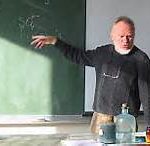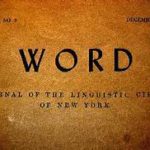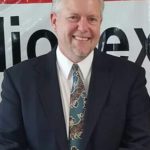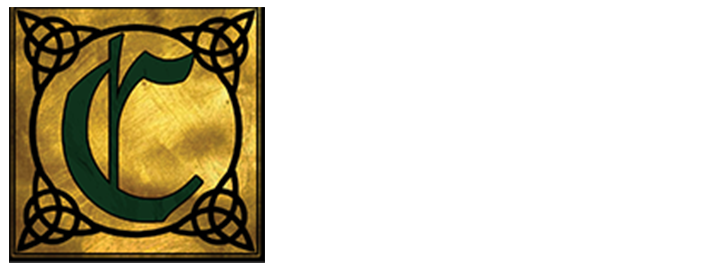The discussion was anything but typical.
Cytotechnology. Forensic linguistics. Finite math.
I had to ask her if she would type out cytotechnology to me on my cell phone. I had not heard of it before even though I had seen its affects in medical research.
 “Does your professor ever talk about origins, where things come from in your study?” I began.
“Does your professor ever talk about origins, where things come from in your study?” I began.
“No,” she shook her head, “We don’t discuss ideas such as creation or evolution. Evolution is a given.”
“Let me ask a different question. Does your professor ever use the words ‘awe,’ ‘beauty,’ ‘wonder,’ or ‘amazement’ when talking about human cell structure?”
 “Oh, yes! All the time! He will say things like, ‘If the molecular structure changed a fraction or the cell structure shifted ever so slightly in this direction the immune system would not work’.”
“Oh, yes! All the time! He will say things like, ‘If the molecular structure changed a fraction or the cell structure shifted ever so slightly in this direction the immune system would not work’.”
She paused. Then she said, “You know, now that I think about it, my professor assumes design all the time! He will use the word and I will think to myself, ‘How can you use that word if you believe in evolution?’”
“And there it is!” I declared, looking around the table. “No one – Christian or non-Christian – can operate in their respective fields of study without depending on concepts that come from outside themselves.”
 I looked at the young mathematician sitting across from me. “I bet your math courses suggest that one of the ways a math proof is identified as true is if the equation is beautiful.”
I looked at the young mathematician sitting across from me. “I bet your math courses suggest that one of the ways a math proof is identified as true is if the equation is beautiful.”
He agreed, shaking his head up and down, “Mathematical computation depends on beauty.”
The student who has fallen in love with forensic linguistics concurred, “We depend on the framework of logic as we investigate law. We assume logic as the basis for our study.”
 “Do you see?!” I exclaimed, “The Christian worldview provides the presuppositions for everything! Humans assume beauty, logic, and wonder as results of any investigation without giving a thought about where those ideas originate.”
“Do you see?!” I exclaimed, “The Christian worldview provides the presuppositions for everything! Humans assume beauty, logic, and wonder as results of any investigation without giving a thought about where those ideas originate.”
Our discussions around the lunch table continued over a myriad of topics.
But we were all reminded again that our scholastic lives are governed by The One who has designed, sustains, and enjoys all things in His creation.
Teachers and students all assume
-
an origin for our study which makes us ask, “Where did that come from?”
-
boundaries for our schoolwork questioning, “Why are limitations built into the world?”
-
exploration in our field of research suggesting, “What else is there to learn?”
-
delight as we pursue creative alternatives thinking, “How can I make this better?”
-
a lack of fulfillment in our discoveries unless we can answer, “When will I feel satisfied?”
 One in our group told of a conversation she had overheard in her department. “You can hear everything from where I sit,” she explained, continuing, “Two accomplished PhD professors were musing aloud saying things like, ‘After all our accomplishments, publications, and credits, is this all there is?’”
One in our group told of a conversation she had overheard in her department. “You can hear everything from where I sit,” she explained, continuing, “Two accomplished PhD professors were musing aloud saying things like, ‘After all our accomplishments, publications, and credits, is this all there is?’”
“I wish I could have had the liberty to engage that conversation. Maybe they should talk with us over lunch.”
 Mark learns so much from the students he chats with at IUPUI. Dr. Mark Eckel is President of The Comenius Institute committed to providing Christian academic, intellectual responses to college student questions.
Mark learns so much from the students he chats with at IUPUI. Dr. Mark Eckel is President of The Comenius Institute committed to providing Christian academic, intellectual responses to college student questions.
Learn more about what we do by watching our one minute video.
Find out how you can become a patron of Comenius at our website.


